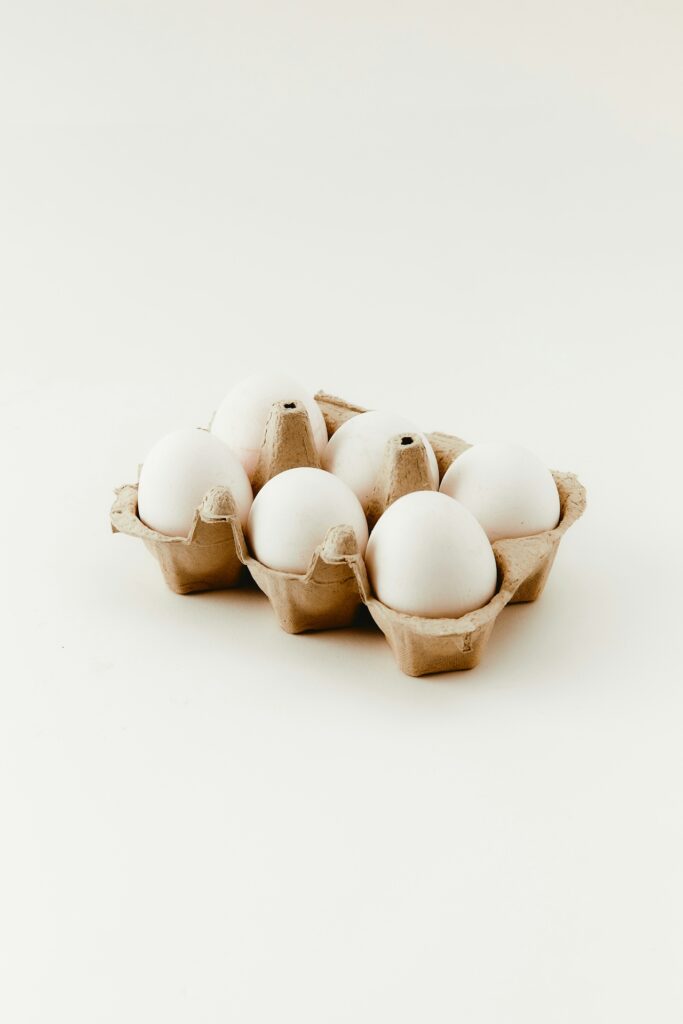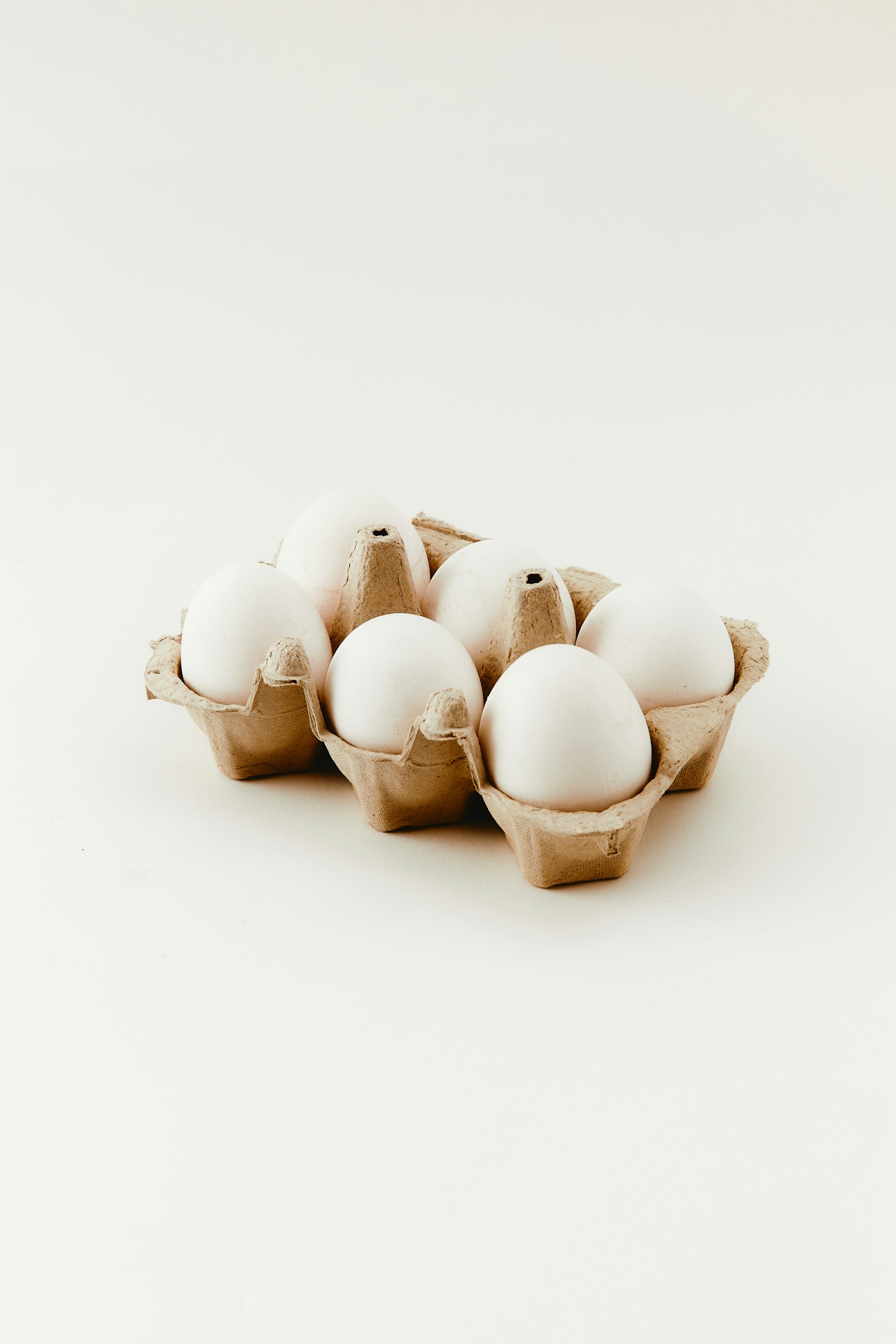
When undergoing an embryo transfer, whether for IVF or other fertility treatments, nutrition plays a crucial role in preparing your body and supporting a successful outcome. What you eat before and after an egg transfer can directly impact your body’s readiness for implantation and recovery post-procedure.
In this guide, we’ll explore the optimal foods to eat before and after an egg transfer, including the importance of nutrient-rich options, hydration, and electrolytes. By following these guidelines, you can help create the best possible environment for your fertility journey.
Why Your Diet Matters Before and After an Embryo Transfer
Your diet can influence egg quality, hormone balance, and your body’s ability to maintain a healthy pregnancy. Specific foods, particularly those rich in antioxidants, omega-3 fatty acids, and key electrolytes, help reduce inflammation, regulate blood sugar, and provide the nutrients necessary for both you and your embryo.
What to Eat Before an Embryo Transfer
Preparing for an egg transfer is all about getting your body into its most balanced, nutrient-dense state. Here are key food groups to focus on in the days leading up to your procedure:
Protein-Rich Foods for Egg Quality
- Eggs: A top source of high-quality protein and choline, eggs support egg quality and overall fertility. Choline is essential for preventing neural tube defects and promoting embryo development.
- Liver and Organ Meats: These are some of the most nutrient-dense foods you can eat. Rich in vitamins A, K, and B, as well as iron and choline, organ meats are excellent for improving egg quality and boosting overall reproductive health.
- Lean Meats and Bone Broth: Animal-based proteins provide essential amino acids like lysine, taurine, glycine, and L-carnitine, which help manage oxidative stress, improve blood sugar balance, and support fertility.
Low Glycemic Carbohydrates
- Opt for carbohydrates with a low glycemic index to maintain stable blood sugar levels. These include non-starchy vegetables, legumes, and berries. Avoid refined carbohydrates like white bread and pastries, which can cause sugar spikes that negatively impact hormone balance and fertility.
Electrolytes and Salty Foods
- Why Electrolytes Are Important: Electrolytes, particularly sodium, potassium, magnesium, and calcium, are crucial for maintaining hydration, fluid balance, and energy levels. They also help reduce bloating and promote better adrenal function, which is essential when preparing for an egg transfer.
- Food Sources of Electrolytes: Incorporate unrefined sea salt, leafy greens, avocados, coconut water, and sweet potatoes into your diet. These foods not only provide the necessary electrolytes but also support hydration, which is vital during this stage of fertility treatments.
- Salty Snacks for Pre-Egg Transfer: Include salty, healthy options like olives, pickles, and salted nuts to keep your sodium levels balanced. Just ensure you’re choosing whole, minimally processed options.
Healthy Fats and Omega-3 Fatty Acids
- Fatty Fish: Omega-3 fatty acids found in fish like salmon and sardines help reduce inflammation and improve blood flow to reproductive organs. Aim for 2-3 servings of fatty fish per week to support hormone balance and fertility.
- Plant-Based Omega-3s: Flaxseeds, chia seeds, and walnuts are excellent plant-based sources of omega-3 fatty acids. These healthy fats help with egg development and prepare the uterus for implantation.
Day of Eating Before Embryo Transfer
- Breakfast: Scrambled eggs with sautéed spinach, red bell peppers, and a slice of whole grain sourdough bread, paired with a sprinkle of unrefined sea salt.
- Lunch: Salmon-stuffed avocado with a mixed greens salad, dressed with olive oil and a side of tangerine.
- Dinner: Taco salad with grass-fed beef, hidden liver, avocados, black beans, and tomatoes, topped with olives or pickles for added salt and electrolytes.
- Snacks: A chia yogurt parfait with berries, salted cashews, and a seaweed wrap filled with canned sardines.
What to Eat After an Embryo Transfer
Once the egg transfer is complete, the focus shifts to supporting implantation and a calm, anti-inflammatory environment in the body. Here’s what to prioritize:
Anti-Inflammatory Foods
- Omega-3 Rich Foods: Continue to prioritize foods high in omega-3s, such as fatty fish, chia seeds, and flaxseeds. These anti-inflammatory fats promote a calm uterine environment and support embryo implantation.
- Fruits and Vegetables: Opt for nutrient-dense options, including berries, leafy greens, and cruciferous vegetables like broccoli and cauliflower. These foods provide essential vitamins and antioxidants that support fertility and overall health.
Hydration and Electrolytes

Staying hydrated after your egg transfer is key to supporting recovery and maintaining energy levels. Be sure to include electrolyte-rich foods, such as:
- Potassium: Found in avocados, bananas, and sweet potatoes, potassium helps reduce bloating and maintain fluid balance.
- Magnesium: Green leafy vegetables, nuts, and seeds are excellent sources of magnesium, which helps relax muscles and ease tension during the post-transfer period.
Day of Eating After Embryo Transfer
- Breakfast: Full-fat Greek yogurt with mixed berries, chia seeds, and a drizzle of honey.
- Lunch: Quinoa salad with mixed greens, cucumber, cherry tomatoes, chickpeas, boiled egg, and a feta cheese dressing.
- Dinner: Grilled salmon served with steamed broccoli and sweet potatoes.
- Snacks: Almonds with apple slices, mixed berries, and carrot sticks with hummus.
Foods to Avoid Before and After an Embryo Transfer
Certain foods and substances can negatively affect your egg quality and reduce the chances of a successful transfer. Here’s what to avoid:
- High-Mercury Fish: Avoid fish like shark, swordfish, and king mackerel, which are high in mercury. Instead, opt for smaller, wild-caught fish like sardines and salmon.
- Refined Carbohydrates and Sugar: High-sugar and refined-carb foods can spike blood sugar and lead to hormone imbalances. Stick to low glycemic, fiber-rich carbohydrates.
- Alcohol and Caffeine: Limit your consumption of alcohol and caffeine, as both can interfere with your hormone levels and egg quality.
Final Thoughts
Optimizing your diet before and after an embryo transfer can make a significant difference in your fertility journey. Focus on a nutrient-dense, anti-inflammatory diet that includes ample protein, healthy fats, electrolytes, and fiber. By nourishing your body with the right foods, you give yourself the best possible chance for a successful transfer and a healthy pregnancy.
If you’re undergoing IVF or other fertility treatments, and want more help with your nutrition to personalize your diet and ensure it meets your unique needs, let’s chat! Schedule a call with me here.

